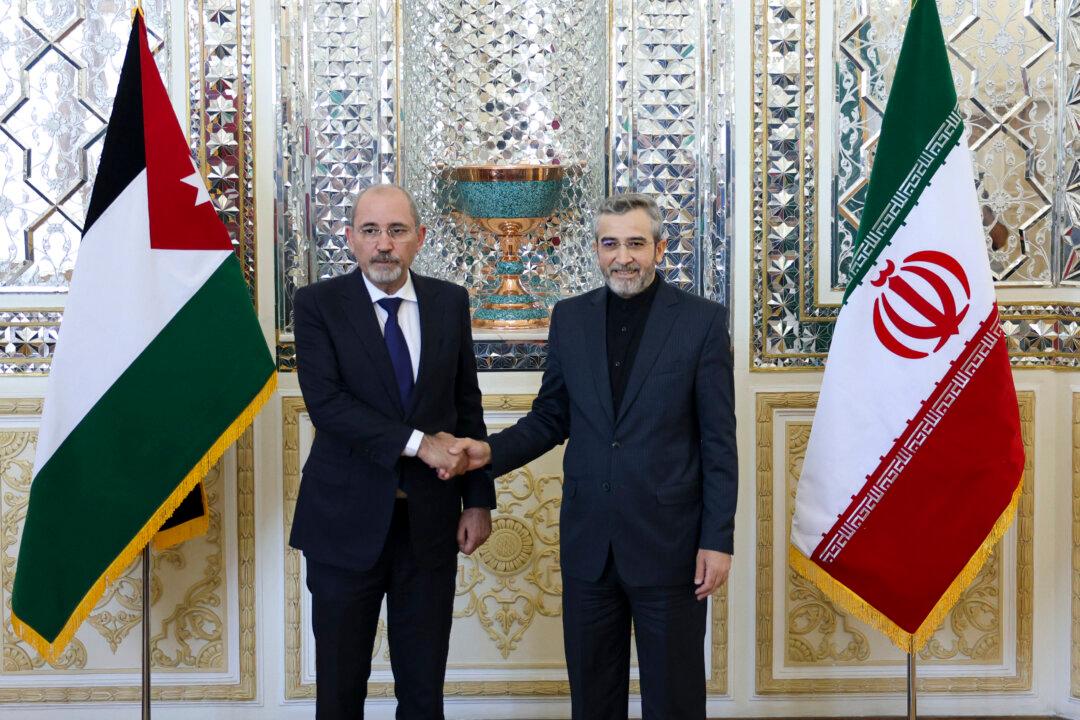Russia and Jordan are calling for restraint in the Middle East amid expectations of an imminent Iranian attack on Israel following last week’s killing of a top Hamas leader in Tehran.
Russian Foreign Minister Sergey Lavrov and his Jordanian counterpart, Ayman Safadi, called on “all parties concerned to show restraint in order to prevent catastrophic consequences for the entire Middle East,” in a statement released on Aug. 6 by the Russian Foreign Ministry, following a phone call between the two officials.





